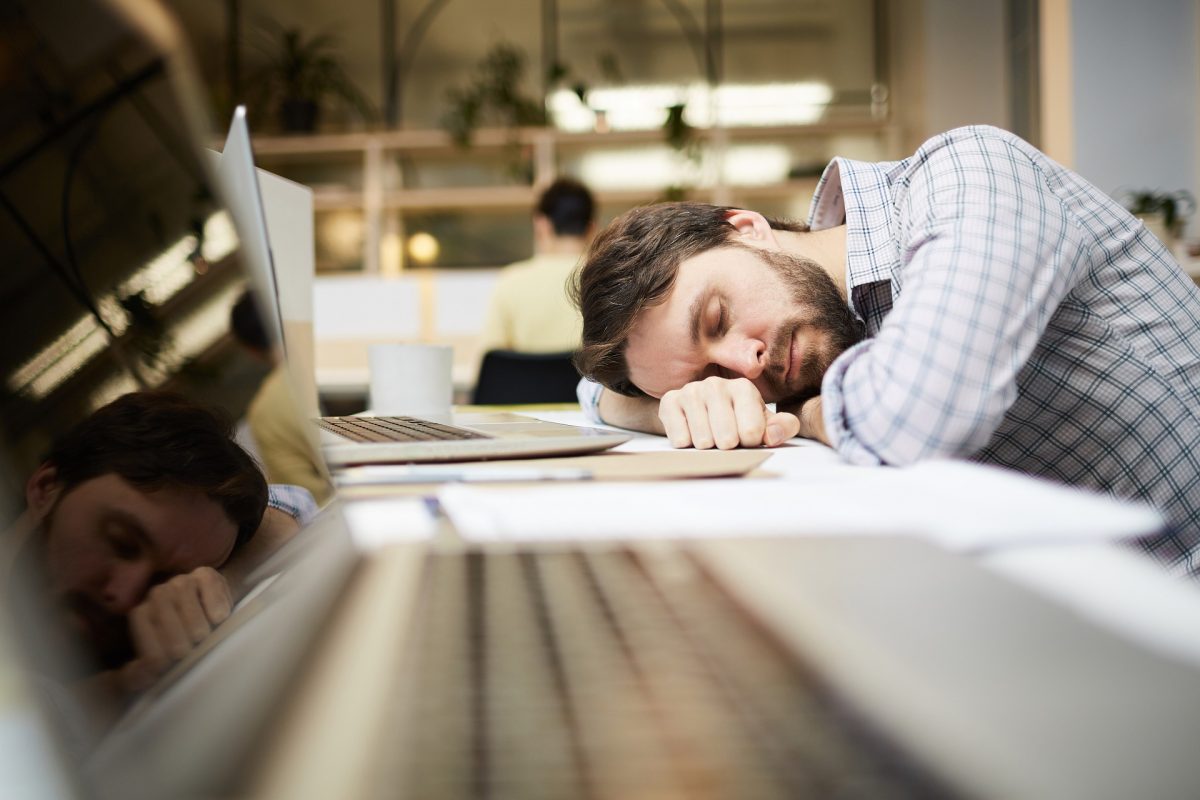Last updated on October 24th, 2023 at 10:17 am
Stress can often lead to sleepless nights, and those who suffer from the sleep disorder Sleep Apnoea may wonder whether it could be an underlying factor behind their condition.
Let’s take a closer look at how stress affects your sleep.
How Does Stress Affect Sleep?
So many things in life can contribute to daily stress and cause you to struggle with sleep. Stress affects your health, impacting your concentration at work and day-to-day events. Anxiety and stress make sleeping a sufficient amount difficult, inducing sleep disorders.
Stress increases the risk of developing a sleep disorder, such as Insomnia and Sleep Apnoea.
Depression and anxiety are psychological health issues related to insufficient sleep stemming from stress.
What is Sleep Apnoea?
Obstructive Sleep Apnoea (OSA) is a common sleep disorder affecting 1.5 million adults in the UK, and 85% are undiagnosed.
OSA occurs when your airways become obstructed, causing breathing pauses (apnoeas) and breathing restrictions (hypopnoeas).
Untreated Sleep Apnoea can negatively affect your physical and mental health.
We offer support and treatment options for those with Sleep Apnoea.
The Link Between Sleep Apnoea and Stress
People with Sleep Apnoea often mention psychological symptoms such as stress, anxiety and depression – as well as the common Sleep Apnoea symptoms such as choking during sleep.
The most widely used and effective Sleep Apnoea treatment is CPAP therapy, which can help improve stress, anxiety and depression.
Can stress cause Sleep Apnoea?
The factors that can cause Sleep Apnoea vary, and there is no specific cause.
Weight and family history are common influences on the development of Sleep Apnoea.
But can stress cause Sleep Apnoea? Yes, too much stress can play a part in developing Sleep Apnoea and increasing symptoms.
Statistics from a study in 2020 showed that high-stress levels were associated with a 50% higher risk of OSA.
There are different types of Sleep Apnoea:
- Central Sleep Apnoea (CSA)
- Positional Sleep Apnoea
- Obstructive Sleep Apnoea (OSA)
However, CSA is more closely related to the nervous system than positional or Obstructive Sleep Apnoea. Stress symptoms may trigger CSA more frequently as it takes a heavier toll on the nervous system.
Central Sleep Apnoea is when your brain does not tell your muscles to breathe, so you do not try to breathe, causing apnoeas (breathing pauses).
Can Sleep Apnoea Cause Stress?
Untreated Sleep Apnoea can make you more anxious and lead to panic attacks. Proper sleep helps the body relax and repair overnight, reducing muscle tension brought on by stress throughout the day.
Frequent interruptions to sleep stop the vital sleep repair process. The body can’t recover from the stress accumulated during the day, so the anxiety and muscle tension continues to build.
The brain also finds it tougher to deal with stress when it’s sleep-deprived, a reason those with Sleep Apnoea can become moody and irritable.
The neurochemicals within the brain (these enable your brain to provide essential functions, e.g. how you think and your mood) are impacted when you are not getting consistently good sleep.
Your heart and blood pressure are also affected by sleep deprivation, putting you at risk of developing diabetes or hypertension – so it is essential to treat your sleep disorder.
Ways to Reduce Stress Levels
People diagnosed with Sleep Apnoea will be advised of treatment appropriate for the severity of their disorder (positional, mild, moderate, or severe). The severity of your OSA depends on your Apnoea Hypopnoea Index (AHI) – this is the amount of breathing pauses you have each hour during sleep.
Here are some ways to reduce stress:
- Healthy changes to your lifestyle improve how you feel and your mood.
- A healthier diet, did you know different foods also affect your sleep?
- Exercising more regularly and weight loss; can improve your physical and mental health.
- Spend time with those you love to benefit your mental health.
- Get enough sleep! Sufficient sleep will improve your stress levels.
- Rule out OSA by taking an in-home Sleep Test.
Please note there are other conditions that can cause Sleep Apnoea.
Identifying Sleep Apnoea: Take an In-Home Sleep Test
If you think you or your partner have Sleep Apnoea, take an In-Home Sleep Test to find out.
It is a simple and quick alternative to the NHS sleep clinic.
Our NHS sleep technicians (with a minimum of five years of training) review your data, and you receive your results within 7-10 days.
Taking an In-Home Sleep Test will help you decide what next steps to take.
If you need any further help, contact us.



